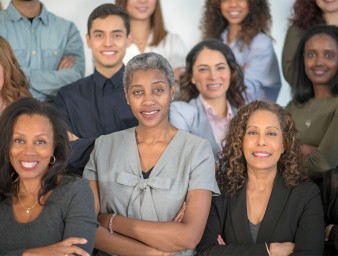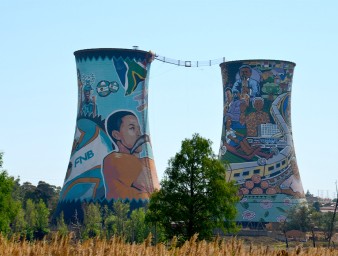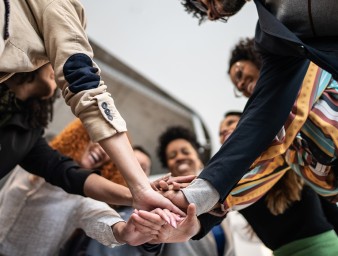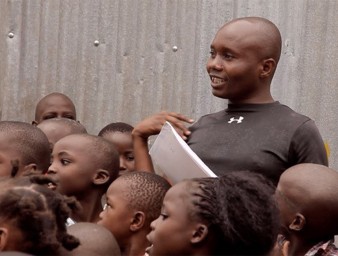World’s Best Mayor: “Poverty makes the realization of human rights impossible”
30 November 2021
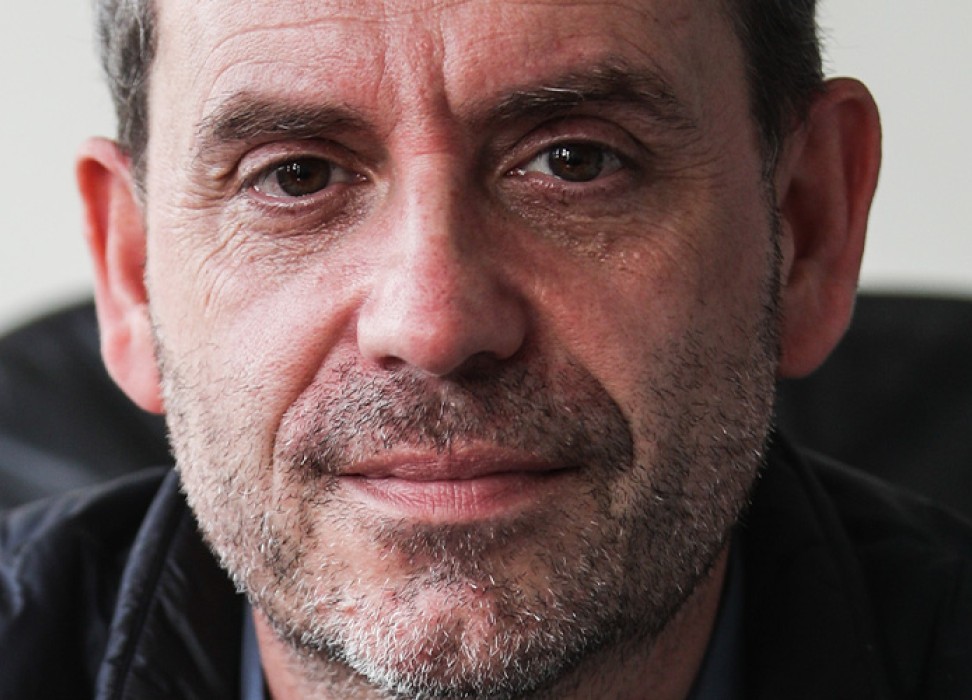
Philippe Rio is the mayor of Grigny, a town south of the French capital, Paris. His town was ranked the poorest in France by a survey by the Observatoire des inégalités (Inequalities Observatory), which revealed in 2020 that half of Grigny's population lives below the poverty line.
Today, the town boasts a more positive distinction: its mayor was awarded by the City Mayors Foundation and the World Mayor Project the prize of the World's Best Mayor. Rio shares the prize this year with the Mayor of Rotterdam, Ahmed Aboutaleb.
The award came as a pleasant surprise to Rio, who said that his town is often singled out by the media for its extremely harsh realities and the fact that one of the gunmen in the 2015 attack of the Hypercasher kosher supermarket grew up in Grigny.
"It is an award for the whole community of Grigny, who has been inspired by human rights to face the health, social and economic fallout of the COVID-19 crisis," Rio said. "I was not the one who distributed 130,000 masks and who checked on older retired people every day. It was rather the extraordinary mobilization of a group of public servants, elected officials and associations that formed a new partnership in our local ecosystem to respond to an emergency. We surpassed ourselves and felt pride."
A human rights-based approach to local government
Human rights and the fight against the structural causes of poverty have been at the heart of Grigny's local government. Rio pointed out facetiously that human rights have a particular meaning for him because he was born on 26 August, the same day that the Declaration of the Rights of Man and of the Citizen was adopted by the French Revolution in 1789.
"One needs time for reason and time for action, that is to say to understand, objectify, and denounce the inequalities that make a town such as Grigny the place where the highest number of people live below the poverty line, and today it is mostly children and women who are affected," he said.
"In the 'land of human rights', the fifth largest economy in the world, we must denounce, understand and challenge these phenomena of spatial and social segregation that undermine people's right to the city," Rio added. "We are a local government and our function is to pull on all the levers of municipal policy and challenge the State to tap more and better into its competences and those of other local communities."
In 2020, when the world thought it had overcome the worst of the pandemic, Rio's local government realised that COVID-19 had created a social and economic crisis in his town as well as other fragile suburbs, rural territories and Overseas France, creating even more vulnerable people.
"We quickly devised a plan to fight poverty that involved a multitude of actions including fighting against menstrual insecurity, as well as serving breakfast in nursery schools. Poverty begins in early childhood and follows the children all the way to primary school," Rio said.
"Poverty also affects retired older people, many of whom do not receive a solidarity allowance even though it is guaranteed to them in France. We have adopted an intergenerational approach to provide concrete solutions. We have already implemented many of the actions of our "2021, 21 Solutions" plan. We will have to evaluate the results, but we are already working on a new plan for 2022."
Fighting poverty and advancing people's rights
Rio credits his human rights-based actions to his ongoing involvement as co-president of the Committee on Social Inclusion, Participative Democracy and Human Rights, a body of United Cities and Local Governments, which is the world's largest network of cities and local, regional, and metropolitan governments and their associations.
"It has been extremely inspiring," he said. "It has allowed us to renew our thinking, but also our action. If today Grigny is considered a land of innovation and a national laboratory for public policies, it is certainly because we have managed to integrate, with very little financial means because Grigny is a poor town, people's empowerment and the respect for human rights at the heart of our policies."
Rio firmly believes that poverty undermines the realization of human rights. Two years ago, he devised a plan to reduce poverty with the objective of promoting dignity and human rights.
"When we develop training for people who have no training, it is the right to education and the right to work that are targeted. When we work on the City of Learning certification, it is the right to education that we want to promote. And when we provide free menstrual protection for women and seek funding for an ultrasound machine so women in Grigny can have gynaecological follow-up, it is for their right to health," he said.
"We have to walk that first mile on the human rights journey because poverty has blocked the access to their human rights for far too many of our fellow citizens," he added. "We are also conscious of the fact that the extent to which some of these rights are realized can only be measured over long periods of time."
Rio attributed the fact that a country such as France could know such poverty to a "French paradox" adding that, in the past decades, the word 'equality' in the nation's national motto Liberté, Egalité, Fraternité (Liberty, Equality, Fraternity) has lost some of its meaning, and that the country was going through a period of doubt.
Rio further pointed out that 50 per cent of Grigny's population, like many other suburbs in France, are under the age of 30 and represent the country's future. However, he said, thousands of young people in those suburbs, rural areas and Overseas France, around 15 per cent of the total French population, are left behind. For Rio, France's future is dependent on the success of those forsaken territories and their youth who must be given the tools to succeed.
"We have been boxed in purely on the issue of identity, religion or skin colour, but never led to create now the future that we need," Rio said. "That is why a few colleagues and I created the Conseil national des solutions (National Council of Solutions) to positively participate in making France's history."
Rio, who recently submitted a proposal to the French Government on youth's access to sport facilities as a means to promote social change and access to health, hopes that the Paris Olympic Games in 2024 will have a trickle effect on the suburbs.
30 November 2021
This story is part of a series to celebrate Human Rights Day 2021, under the theme "Reducing inequalities, advancing human rights."
Join us to help spread the word that we're all human, and all equal.
